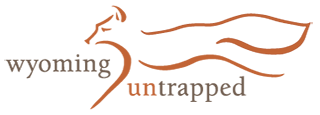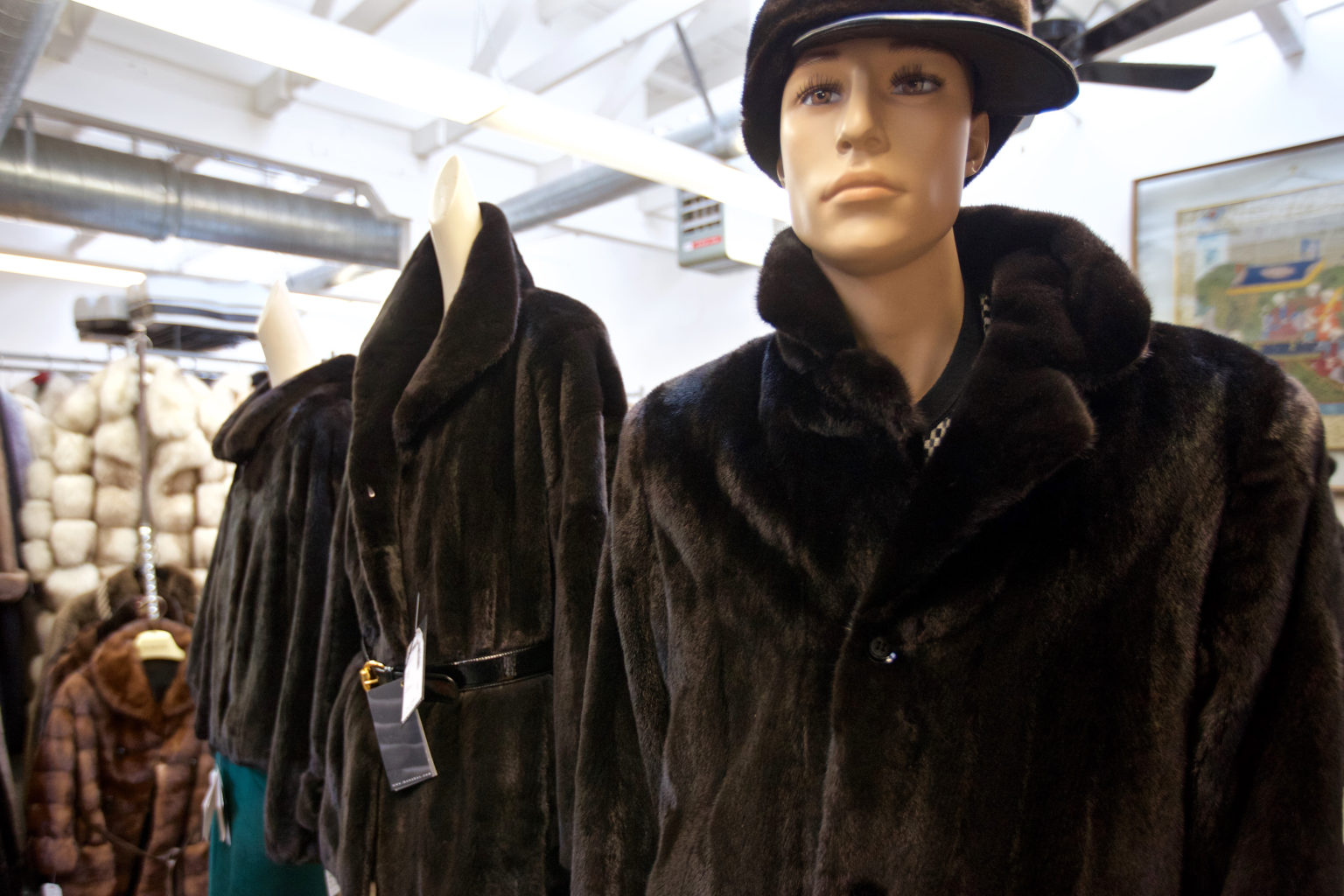San Francisco Becomes Largest City in U.S. to Ban Fur Sales
San Francisco became the largest city in the nation Tuesday to ban the sale of fur clothing, following the lead of West Hollywood and Berkeley.
The Board of Supervisors approved the ban in a unanimous vote and it will go into effect in January 2019.
Supervisor Katy Tang, who introduced the fur sale ban legislation, amended the proposal before the vote to allow retailers who have fur in their existing inventory to be able to sell it until January 2020 if the fur was ordered before March 20, 2018.
“More than 50 million animals are violently killed each year around the world to support the fashion industry,” Tang said in a statement after the vote. “San Francisco is a city with progressive values where we believe in the rights of all people as well as all living things – and it is not right to allow this practice to continue.”
Estimated fur sales in San Francisco range from $11 million to as high as $40 million. A ban would most impact the estimated 30 retailers in the Union Square area who sell fur products.
Instead, the board sided with animal rights advocates and groups like People for the Ethical Treatment of Animals, or PETA, who sent hundreds of letters to board members supporting the ban and decrying the abuse of animals by fur farms.
It’s estimated more than 50 million animals are killed every year throughout the world for their fur and 85 percent of pelts come from fur farms. There were 275 mink farms operating in 23 states in the United States in 2013, which produced about 3 million pelts valued at more than $300 million.
The ban doesn’t apply to other animal products like leather or lambskin or wool. Second-hand shops could continue to sell used fur products. Violators of the ban could face penalties of up to $1,000.
Karin Flood, executive director of the Union Square Business Improvement District, called the vote “disappointing.”.
“It is concerning that San Francisco’s values, while important, when in conflict with the City’s health and economic vitality still win out,” Flood told the San Francisco Examiner.
Jim Lazarus, of the San Francisco Chamber of Commerce, said they had hoped to convince Tang that if she was going to move forward with ban she should give businesses more time and phase it in, such as by first banning mink coats and then, in a few more years, accessories.
“It’s a changing world,” Lazarus acknowledged. But he said “the question is what time do you give your local businesses to comply and not go out of business.”
“It will have a major impact, especially on small boutique shops,” he added.
Animal rights advocate celebrated the vote and said San Francisco’s stature as a fashion center will boost the movement.
“This historic act will usher in a new wave of animal rights legislation across the globe,” Wayne Hsiung, co-founder of Direct Action Everywhere and Compassionate Bay, said in a statement.
One seller of furs, Benjamin Lin, owner of B.B. Hawk in SOMA, said he is considering leaving The City after more than three decades. “I like this location,” Lin said.
Lin said he could keep his fur repair shop in The City and find a small site for new fur sales outside of The City nearby. Or move altogether. “The next choice is pack up and move to Dallas.”
The International Fur Federation and the Fur Information Council of America wrote a seven page letter to the Board of Supervisors last week opposing the measure. They argued The City should allow fur sales if they meet the criteria of a proposed “Furmark Certification” program. The program would document fur products through the supply chain to prove “that the product has met the highest standards in environmental responsibility and the continued humane treatment of animals.”
The letter warned that the ban “would result in the loss of millions of dollars in tax revenues and jobs as well as the likely increase in retail vacancies in the city’s core” but that it also “sets a very dangerous precedent in opening the door for further actions against leather and wool, already the focus of active animal rights campaigns.”
The industry may sue over the ban.
Mayor Mark Farrell backs the legislation. “I fully support the Supervisor Katy Tang’s legislation and plan to sign it when it crosses my desk,” Farrell said.
Read Full Article: San Franciso Bans Fur Clothing
Photo: Kevin N. Hume/S.F. Examiner



